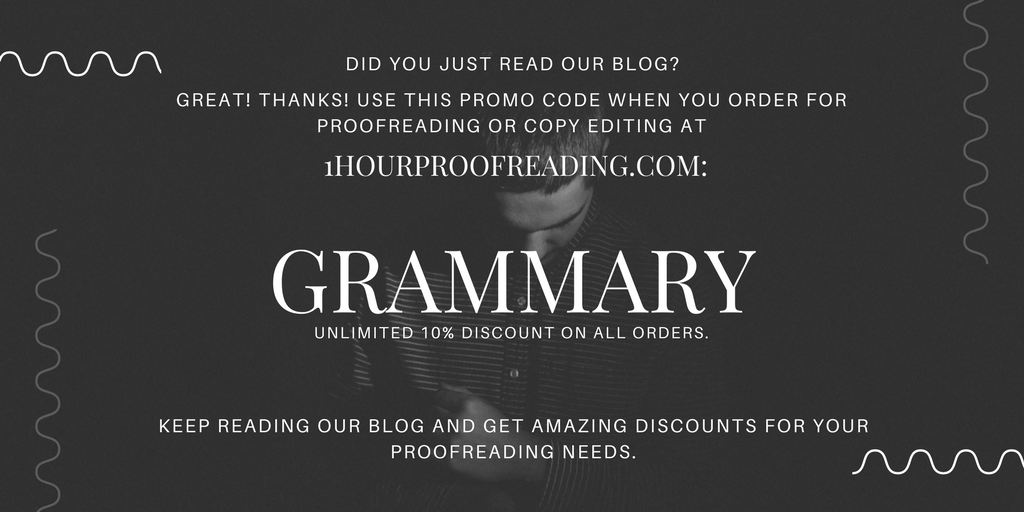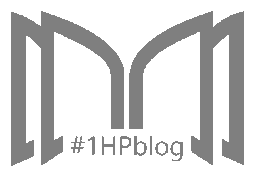Writing Hacks: Authors and Alter Egos (and How to Make your Own)
Posted on Jul 04, 2017
Writers generally want to make a name for themselves by using their own name, but there are those who choose to hide their true identities with the use of pen names.
Pen names have been a way for authors to get away with a lot of things. Some use it to comment on people, events, and the government without criticisms. Others simply do it for the element of mystery it provides.

Why Use a Pen Name Anyway?
Throughout history, authors have used pen names for pretty heavy reasons: to escape discrimination, to run away from their true identity, or to hide from the government.
While the Bronte Sisters are well-known for their novels, they started their writing career with a poetry collection where they used male pseudonyms. Back then, women weren’t encouraged to speak their minds, and anything published by females were overlooked. The Bronte Sisters aren’t the only ones to do this either. Many female authors including Louisa May Alcott (A. M. Barnard), Mary Ann Evans (George Eliot), Amantine Dupin (George Sand), Nelle Harper Lee (Harper Lee), and Joanne Rowling (J. K. Rowling) wrote under names that disguised their gender.
Eric Arthur Blair is the real name of the person who wrote Nineteen Eighty-Four and Animal Farm. He published the novels under the name George Orwell because he didn’t want to feel embarrassed about his family’s poverty. Charles Dodgson was a very private man and opted to publish under the name Lewis Carroll. Samuel Langhorne Clemens used the name Mark Twain, a name which was more reflective of his personality.
Daniel Foe wrote the popular novel Robinson Crusoe with that same pseudonym to avoid persecution because of his controversial writing. Candide was written by Francois-Marie Arouet under the name Voltaire. He had been imprisoned in the early 1700s and wanted to be able to criticize the government without being chased.
There are also those who chose pen names simply to avoid confusion, be it with the spelling and pronunciation of their names or with the genres they wrote in. They adopted pen names simply because their names were too hard to remember and wouldn’t fare well in the market. Joseph Conrad’s real name is Jozef Teodor Konrad Korzeniowski. Pablo Neruda was born Ricardo Eliecer Naftali Reyes Basoalto but was able to change his name legally into his pen name.
Howard Allen O’Brien made a name for herself as Anne Rice, well-known for Interview with the Vampire. However, she did write a few other novels outside her usual genre. Rice wrote several erotic novels under the name Anne Rampling and A. N. Roquelaure. Murder mystery mistress Agatha Christie wrote romances as Mary Westmacott.
Who Has Used One Under Your Nose?
There are some authors whose pen names have become so iconic that they are known by their pen names almost exclusively. Stanley Martin Lieber, also known as Stan Lee of Marvel Comics, used a pen name simply because he wanted to save his real name for more serious publications. Eventually, he became so well-known as Stan Lee that he had his name changed legally.
Other authors write under two or more names. They write under their own names and under a pseudonym (or several) mostly to explore other genres and escape the public’s expectations. Well-known romance author Nora Roberts uses the pen name J. D. Robb for her mystery novels. J. K. Rowling, author of the Harry Potter series, already goes by a pseudonym but wrote as Robert Galbraith for a crime novel, The Cuckoo’s Calling. Unlike Nora Roberts, who is very open about her “alter ego,” J. K. Rowling often refers to Robert Galbraith as a completely different person.
Your Own Nom de Plume
Once you’ve decided to write under a pseudonym, the fun part starts—choosing it.
There are many ways to make a pen name, or nom de plume. You can do something as simple as use just your initials. You can be sentimental about it, and use a name you really like or a name of someone you love. You can try to anagram the letters of your own name. You can do absolutely anything.
You should also know what you’re getting into. When you decide on your nom de plume, let your publisher know, then get it registered. If you’re making money with your writing, it is important that you have your name copyrighted for your use. Otherwise, someone could swoop in at any moment and claim the pen name as their own—even claim the money you’ve already made under the pen name.
At the same time, don’t do/say something under your pen name that you won’t say under your real name. Soon enough, people will make the connection. Your pen name is more than just an accessory. It’s also a responsibility.
Sources:
- INFOGRAPHIC: A History of Pen Names
- 10 Famous Females Who Used Male Pen names
- Should You Be Using a Pen Name?
- 8 Books You Didn't Know Were Written By Famous Authors
- How 8 Famous Writers Chose Their Pen Names
- Why Do Authors Use Pseudonyms?
- Everything You Wanted to Know About Pseudonyms
- Pen Names
Disclaimer: Image is not ours. Credit to the owner.
About 1-Hour Proofreading
1-Hour Proofreading is a growing start-up offering fast and efficient editing services at a reasonable price, with the assurance that the document is publication-ready the soonest you need it. Its team of highly competent professional editors is committed to helping those in need of quality editing services while facing tough deadlines.
Visit 1hourproofreading.com for more details.
Follow us:
Back to Grammary



